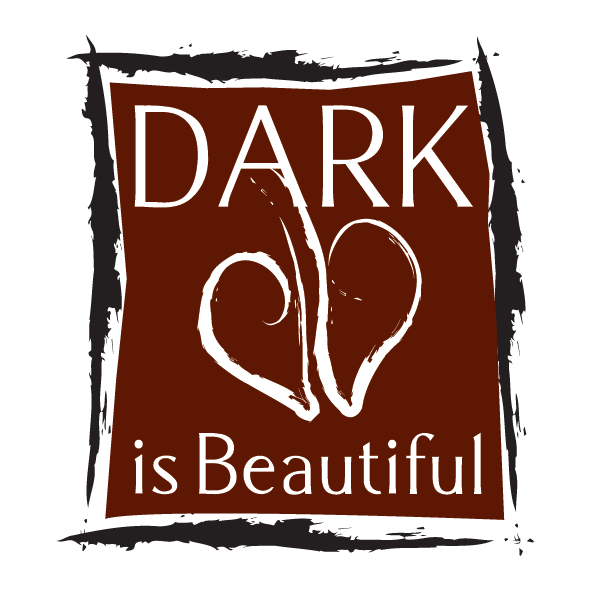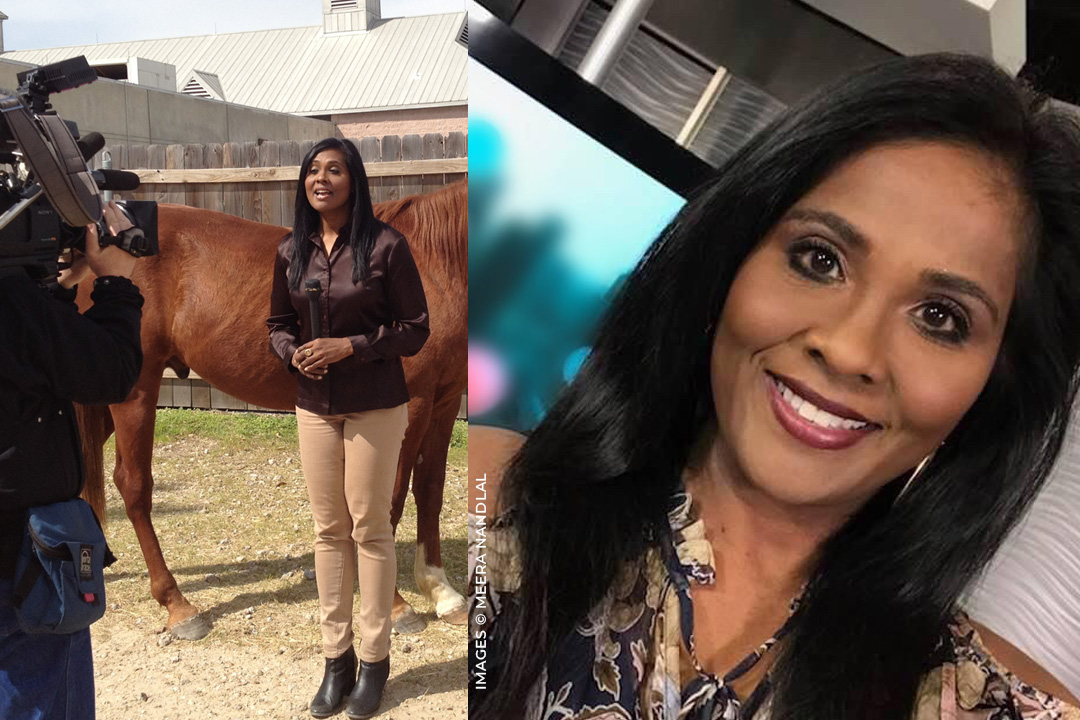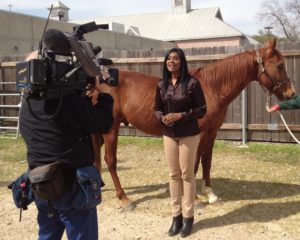Surviving Colourism and Racism in Today’s World
My first encounter with racism was in elementary school here in Texas when a girl named Ann Marie, who happened to be partially deaf said, “Ewww” as she backed into a corner and said, “You are black.” I told her I was Indian, but all she saw was skin color and since she was only 9-years old, I would have to assume she learned that at home. I was bullied by a girl in the 5th grade who we later moved across the street from when I was 16. It was just in time to find out she got beat up in the school bathroom after picking a fight with another girl. I call that Karma. As a junior in college I took Classical Hinduism, because I really didn’t know much about it. It’s where I met two students from India, who were raised in America, and treated me like I had leprosy. It was my first real experience with colourism.
The female reminded me of an Indian Medusa, she had a lighter skin tone, was incredibly aloof and found any reason to undermine my class contributions. The same was true for the male. When they realized I was a local celebrity in Austin, they changed their tone, but it was too late. I would soon learn that people build walls to elevate themselves in their own mind. Colourism is a man-made perception that those within our culture with darker skin tones are beneath those with lighter skin tones. Racism is also man-made and separates the races with the never-ending battle of which race is superior to the other. Imagine my world battling both. I’m like the Indian Wonder Woman.
I would soon learn that people build walls to elevate themselves in their own mind. Colourism is a man-made perception that those within our culture with darker skin tones are beneath those with lighter skin tones.
For the most part, my race and skin color has always been a topic of discussion through my whole life. It wasn’t until recently that I realized a family member who had called me “dirty” when I was about 10 years old, didn’t mean I was dirty as in I needed a bath, but dirty in the sense that my skin was dark. It’s interesting that this person is the same shade as me, but clearly not as intelligent. I recently spoke with a licensed Clinical Social Worker (LCSW) regarding how colourism can affect a person’s mental health. She told me, “They are always feeling inferior and struggling with self-esteem, I have clients that struggle with this, it’s etched in, and it becomes a big focus of your life, always comparing. We are such an appearance focused society it’s gonna be a challenge no matter what and it’s for people to be aware and not perpetuate it. It is a thing.” In fact, she has counseled people of various races to include Indians and African Americans regarding this man-made idea that lighter skin is superior to darker skin tones within the same race. Colourism can breed hostility and superiority between immediate family members too. She says, “It’s more difficult when you grow up with your own family having that prejudice. However, we grow up and we think that’s normal and everyone else grew up like that too.”
Colourism can breed hostility and superiority between immediate family members too.
I truly believe I was born too soon because as I look back, I can see what a trailblazer I have been in my life and career. I’m now using my skills as a broadcast journalist to create my own business to help all animals with “Meera’s Animal Tribe.” These are not typical “Indian” jobs or jobs that have lots of darker skinned ethnic women taking the reins. I will admit, in every job, including owning my business, I have experienced racism which believe it or not, is huge in the animal welfare industry as well. In fact, in 2010, I was told I was “too dark to be Indian,” by a VP of Animal Welfare at a prominent Houston animal shelter. Additionally, veterinary medicine along with animal rescue organizations and animal shelters lack diversity. However, I’m happy to say the industry is working to become more inclusive. Colourism comes into play when my Indian friends and family don’t respect or take me seriously, regardless of my hard work. I have been told by some family members that I’m not Indian enough.
I have experienced several situations involving white female bosses who have purposely held me back to sabotage my career. I asked the social worker if having a light skinned boss can affect your success if you have experienced colourism or racism and she said yes, it could, and she feels bad for people who have this struggle. She advises it’s important to talk to someone and get therapy. She utilizes hypnosis, brain spotting, and says cognitive behavior therapies are good too, “You’ve got to let go of the wounds because it’s so conscious.” I truly believe we are the product of our environment and when I asked her how we could change the dialogue in our own homes she said, “It all goes back to awareness and education, like what you are doing. Be aware of it, some people are still prejudiced in their culture.”
All I have to say is, where was Instagram when I was trailblazing and breaking barriers as an Indian model in Austin, Texas when the look was fair skinned, blonde and skinny? Or how about my roles as an AFAA Certified Fitness Instructor, Radio Personality, Television Anchor, Reporter, Host, Actress, Entertainment Reporter, or that time I was scouted for the Ms. Texas pageant? Let’s not forget those Animal Planet segments! If you think this is bragging, it’s not. My dad always told me, “If you don’t toot your horn, nobody will.” So, get out there and toot people and be all that you were meant to be. Colourism Ends With Me!
All photos © Meera Nandlal






I keep listening towards the news communicate about obtaining cost-free on the net grant functions so I have been seeking close to for the very best web site to get one.
Well said